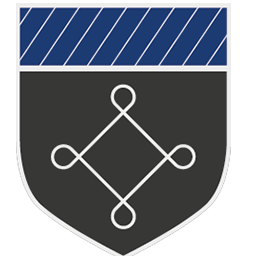Computer Science
'Everybody should learn to program a computer, because it teaches you how to think.'
Steve Jobs
Curriculum Intent
We believe all students deserve a Computing curriculum that is ambitious and rich in knowledge. We feel strongly that we want to develop the mind set and skills necessary for students to be future pioneers in Computer Science & IT. In line with the Trusts vision, we want all young people to ‘make outstanding progress’ through a Computing curriculum that aims to develop the skills that they will need in every day life, preparing them to think logically and creatively. Whilst exploring links between subjects and how computing is ever changing in an increasingly innovative and digital world.
Careful consideration has been, and continues to be, put into developing the Computing curriculum; the curriculum spirals and is planned and sequenced so that new component knowledge and skills build on what has been previously taught; not only in Computing but allowing access to computers & subject specific technology at every opportunity.
Students will be taught units of work that cover and go beyond the requirements of the national curriculum and this should enable students to:
- Understand how to use and technology in a safe & respectful manner including protecting their privacy whilst online
- Develop an understanding and curiosity of how a computer works
- Use computer artefacts that will be needed for a range of careers in the future thinking about design and usability for a given audience e.g. spreadsheets & PowerPoint
- Inspire future programmers using computer languages to solve problems
- Develop their own ways of working on a computer to help build logic and challenge
- Linking all aspects of Computing to careers that are ever developing and inspire them to be the computer pioneers of the future.
- Make connections between other subjects where computers are used and the similarities between the packages that we have on offer.
- Understand simple Boolean logic such as AND, OR and NOT and some of it’s uses in circuits and programming.
Computing has an important role in developing students’ cultural capital. Studying Computing helps students develop their digital literacy skills in an ever technological world where computers are now a large part of our daily lives.
Some examples of key issues that are discussed are; ways to sue technology safely, respectively, responsibly and securely including protecting their online identity and privacy, recognising inappropriate content, contact and conduct and know how to report concerns. Through discussion of these topics in computing, experiences gained from co- curricular, trips and talks to understanding the utility and broad application of computing qualifications, knowledge and skills used in computing, the department builds on students’ computing capital.
Curriculum Content
Each department has carefully developed curriculum plans in line with our curriculum intent. The curriculum overview for each year group in this subject can be found below.


